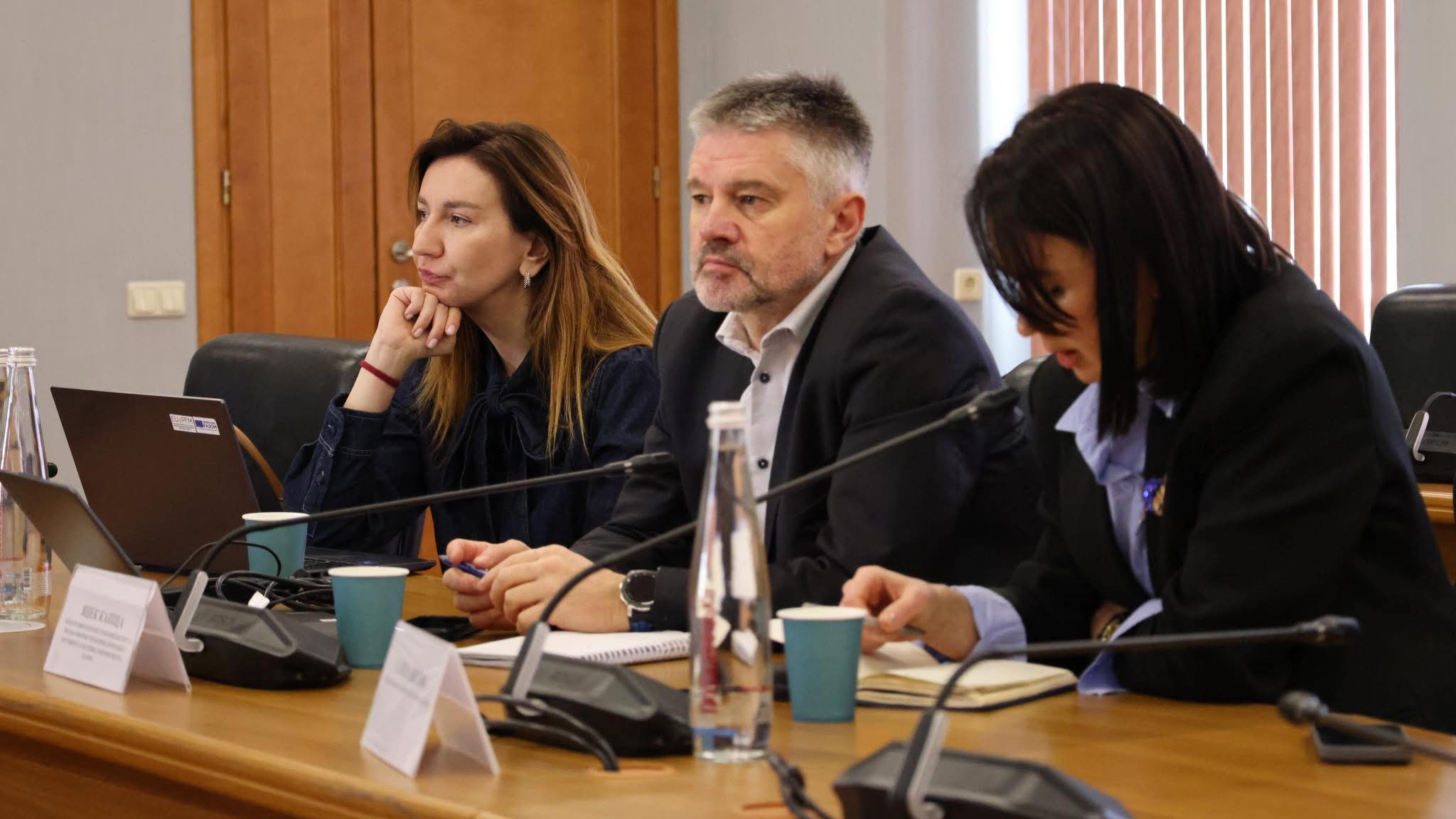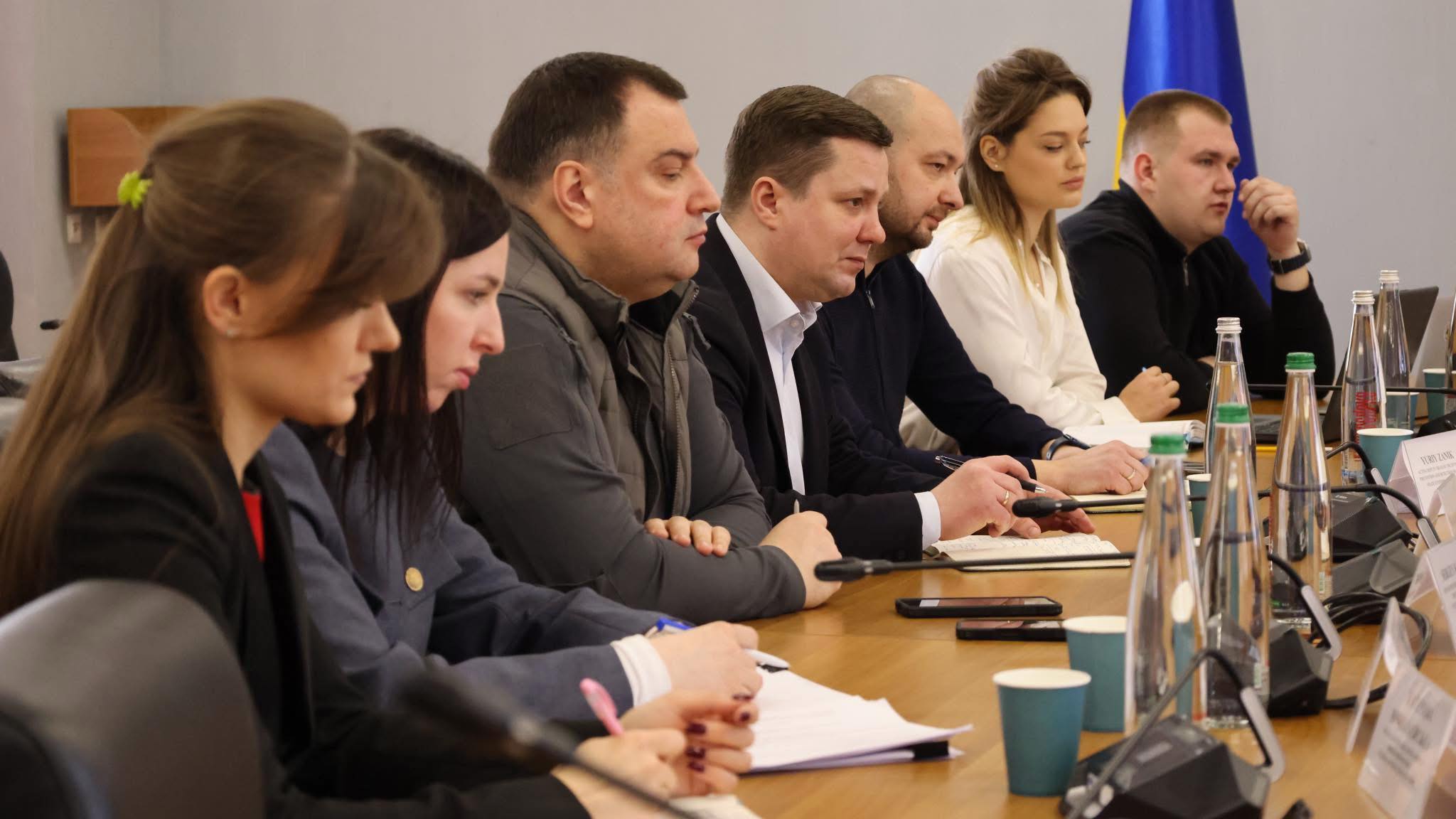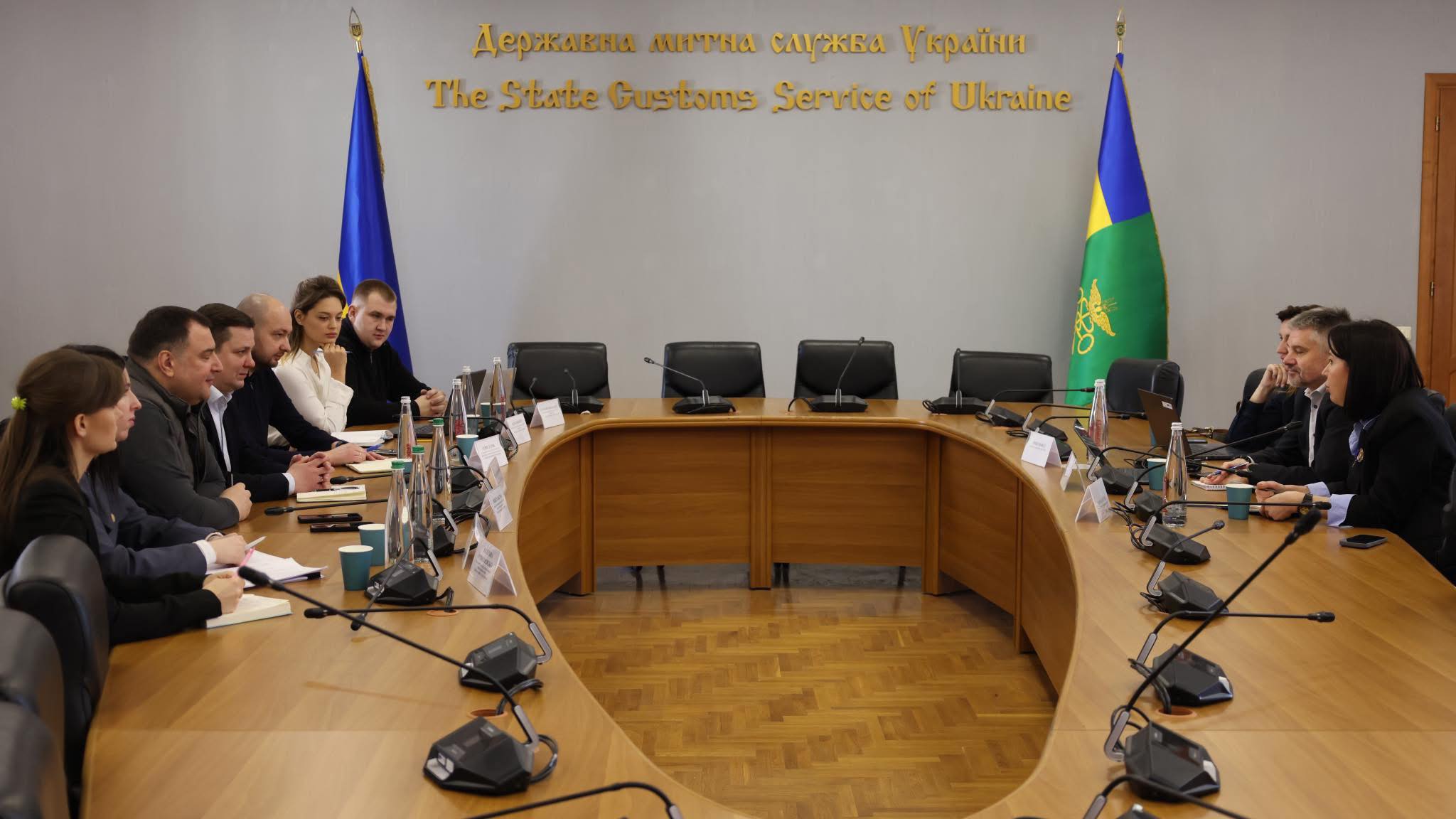The State Customs Service adopts European experience in combating corruption via EU4PFM support
How can integrity be enhanced and European transparency standards implemented? Ukrainian customs officers, together with international experts, have identified the next steps in anti-corruption measures.
The State Customs Service continues its active work to strengthen anti-corruption policies and foster a culture of integrity. As part of this effort, a meeting was held with experts from the EU4PFM project, during which the expansion of anti-corruption control mechanisms, the introduction of modern monitoring techniques, and the adaptation of Ukraine’s anti-corruption approaches to European standards were discussed.
“The State Customs Service is actively working on anti-corruption initiatives that are embedded not only in internal documents but also in the National Revenue Strategy. With an expanded team of experts, we can take a more comprehensive approach to implementing reforms. We are grateful to EU4PFM for bringing European expertise to Ukrainian professionals,” said Vladyslav Suvorov, Deputy Head of the State Customs Service.
Given the high public demand for anti-corruption efforts, previous approaches need to be reviewed in light of modern challenges. Representatives from the Anti-Corruption Prevention and Detection Department summarized their work for 2024 and outlined future directions including the work on a new Anti-corruption programme. Among the new anti-corruption control mechanisms are the introduction of lifestyle monitoring of customs officers, the use of psychophysiological tests with polygraph examinations to check staff integrity, certification under the international ISO 37001 standard, and the training of authorized personnel.
EU4PFM expert Jacek Kapica emphasized: “Changing the internal culture and the personal attitudes of customs officials towards anti-corruption policies is one of the key priorities for the State Customs Service. Building an integrity-driven environment, applying preventive measures, and analyzing business processes for corruption risks will significantly enhance the effectiveness of customs operations and strengthen public and business trust in a modern customs system that meets European standards.”
Through collaboration with European partners, the State Customs Service is not only improving anti-corruption mechanisms but also shaping a new culture of integrity. The next step is the practical implementation of the proposed changes.




